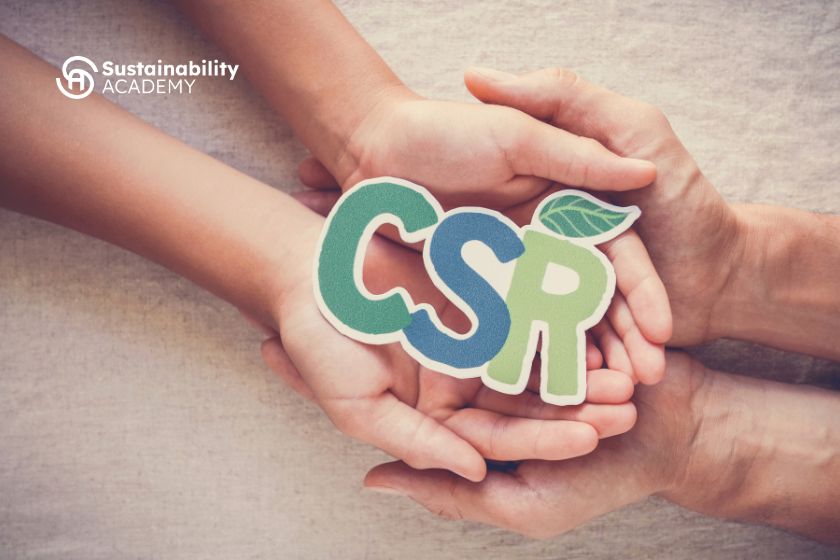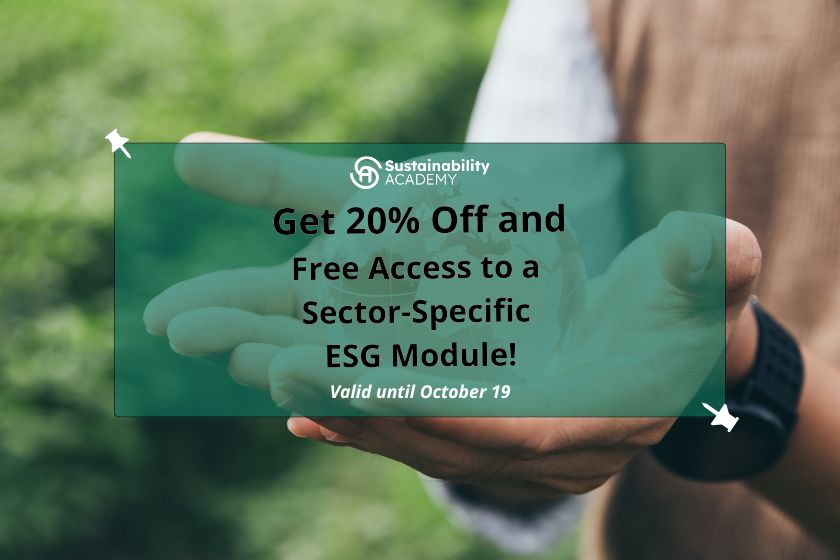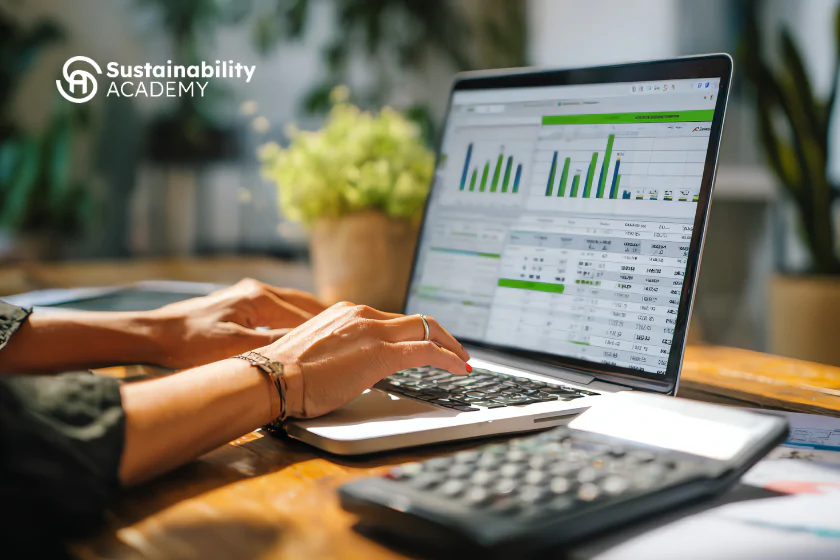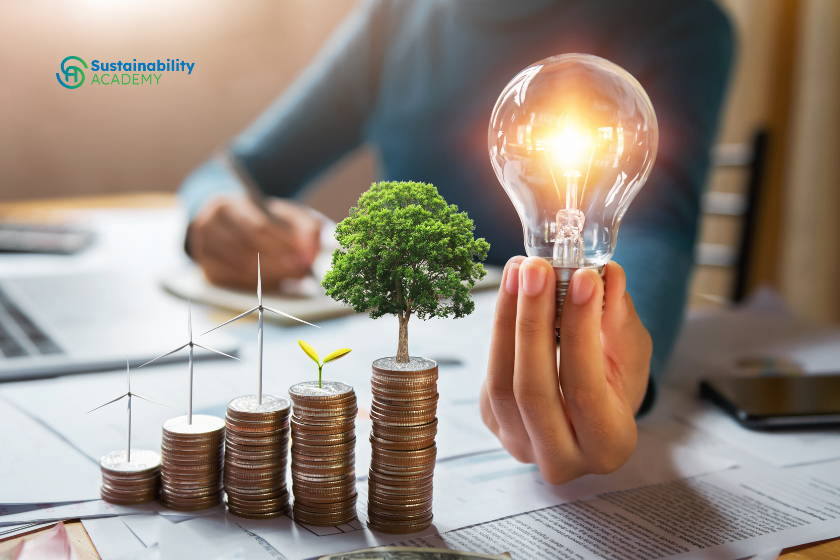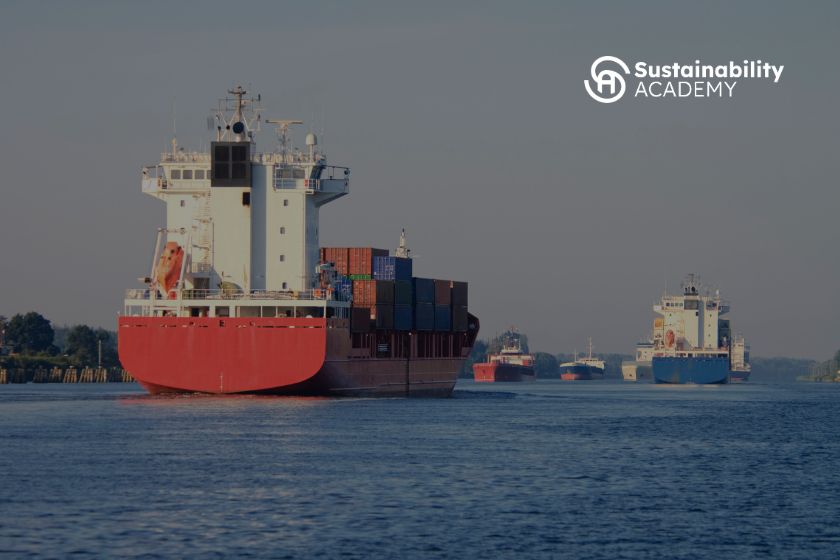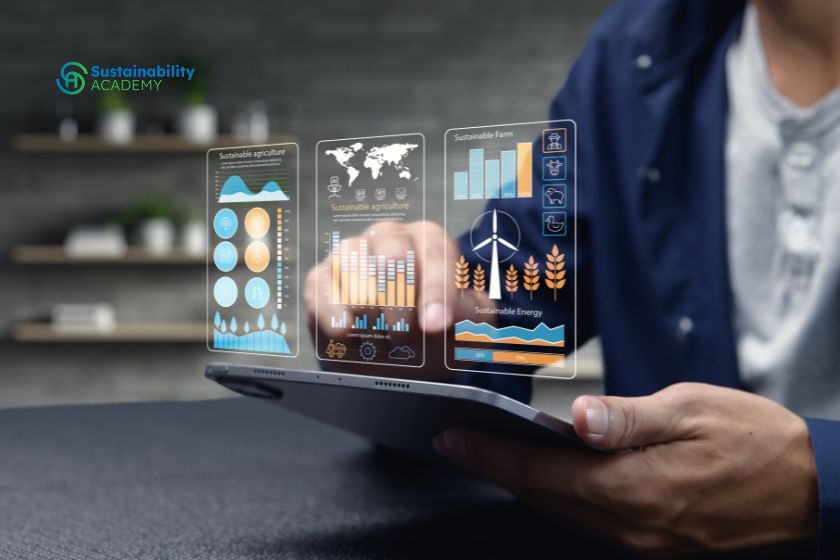CSR vs ESG: Choosing Measurable Sustainability
Introduction: Why This Debate Matters
In the modern business world, “doing good” is no longer enough. Companies are being asked to prove that their impact is real, measurable, and aligned with global sustainability goals. That’s where the ongoing debate between Corporate Social Responsibility (CSR) and Environmental, Social, and Governance (ESG) comes in.
While both aim to make businesses more responsible, they differ in focus and outcomes. CSR is about values and voluntary actions. ESG is about data, governance, and measurable results. As I often tell clients, CSR defines the purpose, but ESG provides the proof. Together, they form the foundation of sustainable business transformation.
According to Thomasnet’s 2025 report, CSR focuses on internal cultural initiatives—ethical labor, philanthropy, community engagement, while ESG provides structured, quantitative criteria investors and regulators can assess. This shift from storytelling to scorekeeping is reshaping corporate accountability.
The Core Differences CSR vs ESG: From Voluntary Acts to Verified Data
CSR vs ESG! CSR emerged decades ago as a moral compass for business. It encouraged companies to give back, often through community programs or charitable donations. However, CSR initiatives were rarely standardized or audited.
ESG, on the other hand, grew from the investment world. It demands clear metrics across three dimensions:
-
Environmental: carbon footprint, energy efficiency, waste management
-
Social: labor standards, diversity, supply chain ethics
-
Governance: board independence, transparency, anti-corruption measures
Organizations like the Global Reporting Initiative (GRI) and the Sustainability Accounting Standards Board (SASB) have formalized these metrics, making sustainability comparable across industries. Meanwhile, the EU’s Corporate Sustainability Reporting Directive (CSRD) now requires companies to disclose ESG data in line with global standards.
CSR builds goodwill. ESG builds evidence. The transition between the two marks a company’s evolution from awareness to accountability.
Why Measurable Sustainability Matters
Measurable sustainability doesn’t just satisfy investors—it drives performance. Here are five clear benefits:
-
Transparency and trust: Stakeholders trust numbers over narratives. ESG data shows that your impact isn’t just claimed but proven.
-
Risk management: ESG frameworks identify and mitigate climate, social, and reputational risks before they escalate.
-
Capital access: Investors and banks increasingly use ESG ratings to guide decisions.
-
Employee engagement: CSR remains powerful for culture, giving employees a purpose beyond profit.
-
Data-driven decisions: With measurable KPIs, companies can set goals, track progress, and adapt strategies efficiently.
According to Sphera’s 2024 ESG vs CSR briefing, firms with structured ESG systems demonstrate 20–30% higher stakeholder trust compared to those relying solely on CSR campaigns. Data builds credibility—and credibility drives growth.
Real-World Lessons from Unilever and Microsoft
Unilever: Growth Through Purpose and Proof
Unilever’s “Sustainable Living Brands” initiative has become one of the most cited CSR-to-ESG success stories. By linking sustainability metrics directly to profit, Unilever achieved tangible outcomes: these brands grew 69% faster than the rest of its portfolio and contributed 75% of total company growth (Unilever Sustainability Report 2023).
The lesson? Measuring sustainability creates accountability, and accountability attracts customers and investors alike.
Microsoft: Carbon Accountability in Action
Microsoft’s ESG evolution is another powerful example. Since introducing an internal carbon fee, the company has cut emissions intensity by 21% while increasing revenue by 14% (Microsoft ESG Report 2024). The approach integrates climate costs directly into business units, turning environmental targets into financial responsibility.
These examples prove that measurable sustainability doesn’t hinder profitability, it enhances it.
From CSR Programs to ESG Performance
Here’s a practical roadmap for organizations ready to evolve from CSR to measurable ESG:
-
Assess your current CSR activities. List ongoing community, ethical, or environmental programs.
-
Align them with ESG pillars. Map each activity to specific metrics: emissions, diversity ratios, or governance policies.
-
Set measurable KPIs. Use frameworks like GRI, SASB, or CDP’s climate disclosures.
-
Collect and verify data. Ensure systems are auditable and transparent.
-
Report consistently. Publish data-driven sustainability or ESG reports annually.
-
Refine over time. Use feedback loops to improve outcomes and reporting quality.
As sustainability consultants often note, “What gets measured, gets managed.” Transitioning to ESG allows companies to benchmark their progress, identify weaknesses, and demonstrate real impact to investors and regulators.
Common Mistakes to Avoid
-
Vague goals: “Be greener” means nothing without numbers.
-
Ignoring governance: A robust ESG strategy needs clear oversight and accountability at the board level.
-
Greenwashing or greenhushing: Overstating or underreporting sustainability progress undermines trust. The CDP’s 2023 report warns that 60% of companies still fail to disclose sufficient climate data.
-
Neglecting data quality: Weak metrics make your ESG story unverifiable.
FAQs
- What is CSR in simple terms?
CSR is a company’s voluntary commitment to act ethically and contribute to society or the environment through activities like donations, volunteering, and community engagement. - What is ESG?
ESG refers to a measurable framework covering environmental, social, and governance practices that assess a company’s overall sustainability and ethical impact. - Can CSR and ESG coexist? CSR vs ESG
Yes. CSR drives motivation and purpose. ESG ensures accountability and measurement. Together, they make sustainability both meaningful and measurable. - How long does it take to integrate ESG reporting?
It depends on company size and data readiness. On average, organizations need 6–18 months to transition from qualitative CSR to quantitative ESG reporting.
CSR vs ESG: From Intention to Impact
The evolution from CSR to ESG reflects a broader truth: sustainability is no longer about reputation; it’s about resilience. Purpose-driven action must now be backed by measurable results.
As sustainability professionals, we see that companies thriving in this new era are those that embed ESG data into decision-making and culture. They don’t abandon CSR—they elevate it through evidence.
Start your journey from purpose to proof.
Enroll in the Online Certificate on Sustainability (ESG) Reporting and learn how to design credible ESG reports aligned with GRI, SASB, and CSRD standards.
Build measurable sustainability. Drive real impact.


